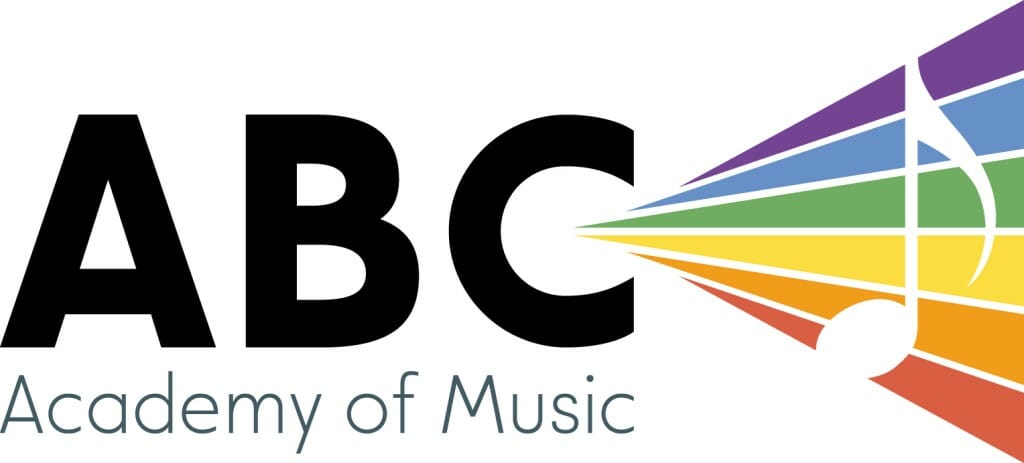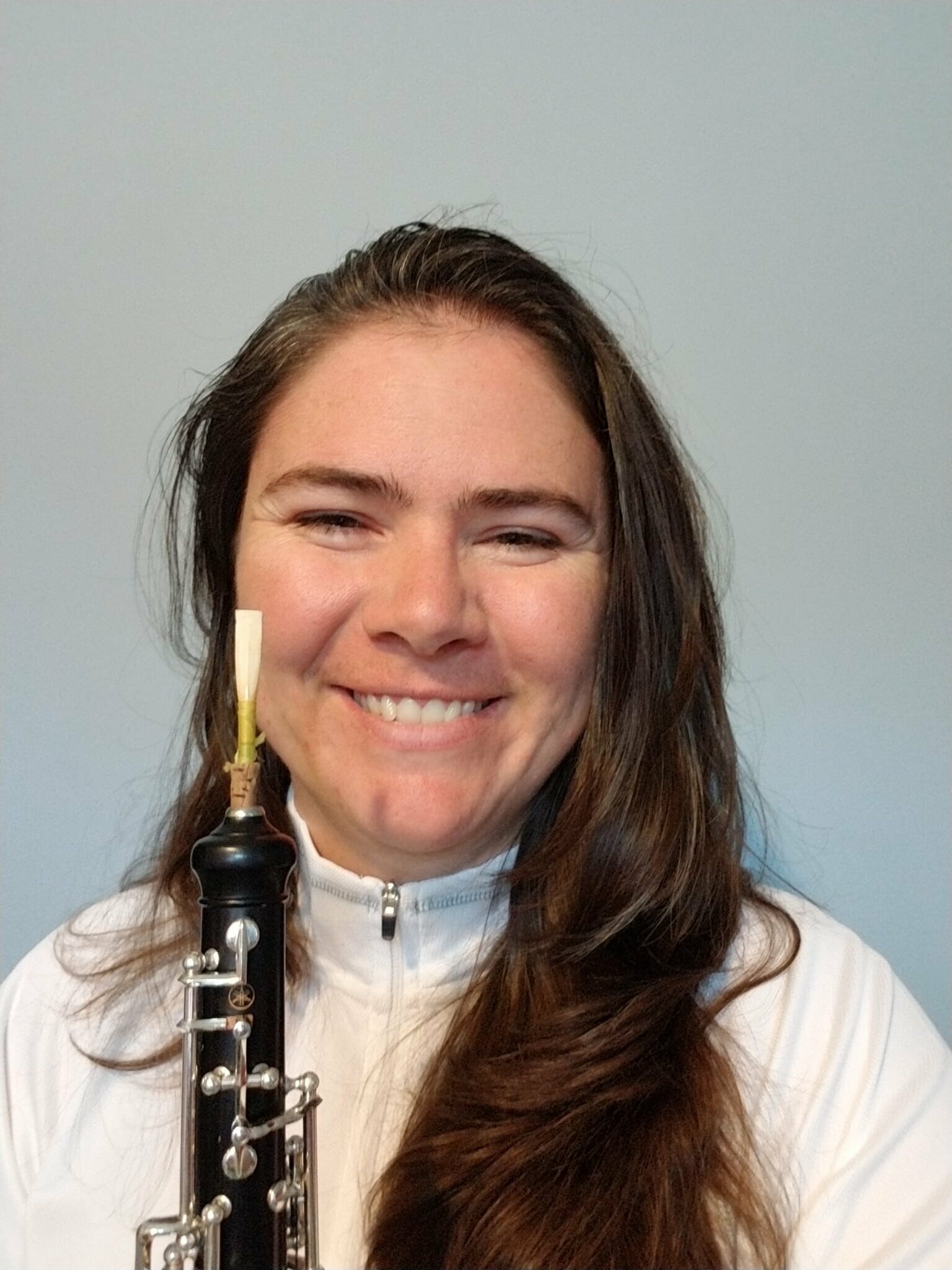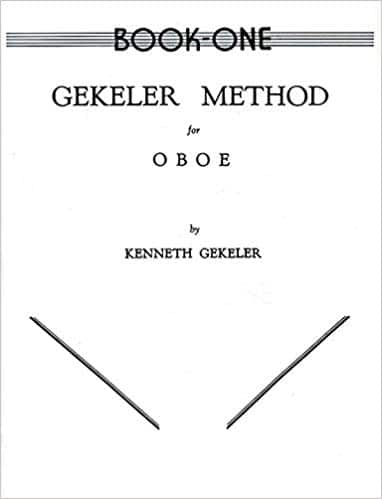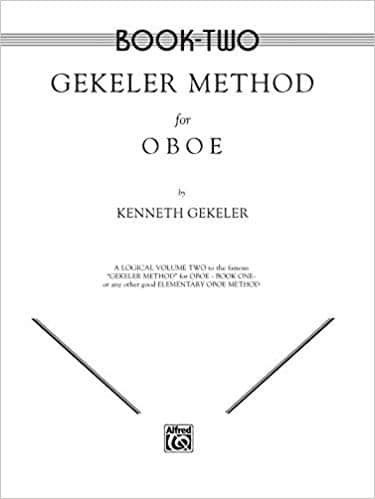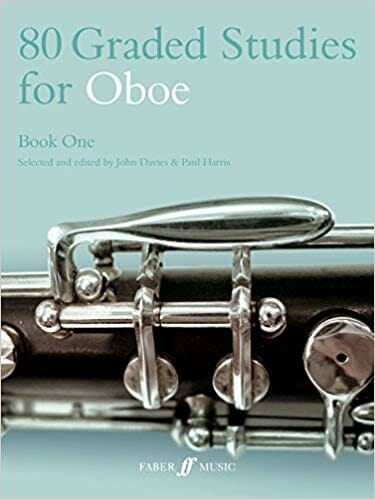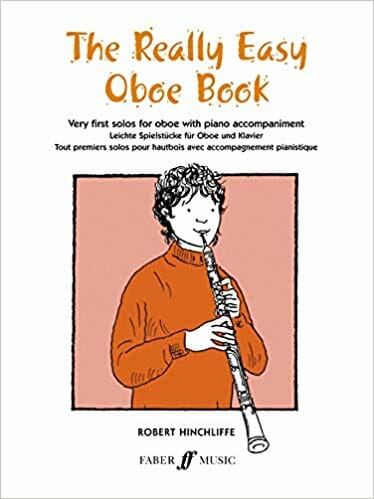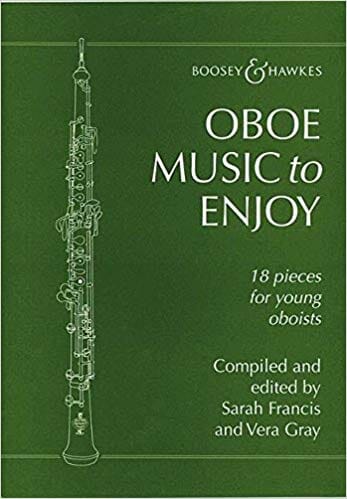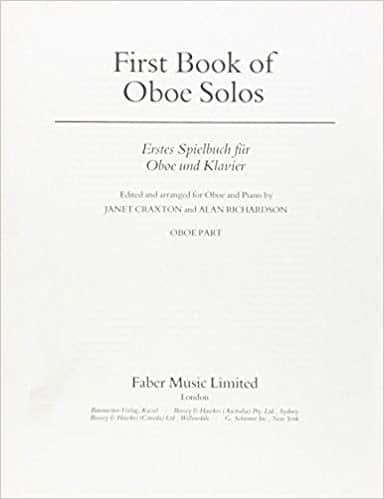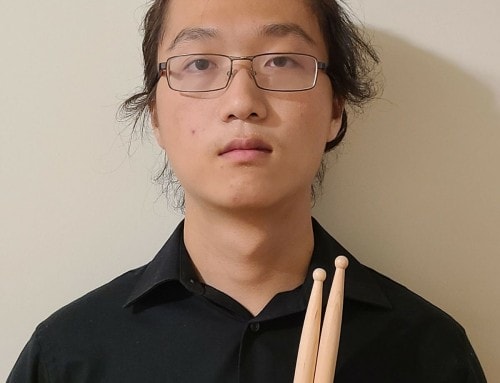A.Dip (Vancouver Academy of Music)
B.Mus (University of British Columbia)
Diploma in Music (Kwantlen)
Elizabeth Brown is an oboist, flautist and gardener. Born and raised in Powell River, British Columbia, she holds a Bachelor of Music from UBC and an Artist Diploma from the Vancouver Academy of Music. She seeks out exciting music to play wherever and whenever she can.
Elizabeth enjoys teaching because of the fresh perspective students often bring to her own playing. She feels that learning music should be an enjoyable and enriching experience led by the student’s own goals and dreams.
Get to know Beth…Beyond the Bio!
Hobbies: Sailing, gardening, skiing, canoeing
Musical influences: The Ocean, Beth Orson, Albrecht Mayer, Bjork
Favourite food: sweet & sour meatballs
Least favourite food: Brussel sprouts. ew.
Favourite music: currently K.Flay
Favourite song: Possibly Maybe – Bjork
Favourite movie: Spring, Summer, Fall, Winter… and Spring
Favourite movie music: Sympathy for Mr. Vengeance
Favourite musical theatre/opera: The Threepenny Opera – Kurt Weill
Best quote from your teacher: “What makes me happy as an oboist is not necessarily what will make you happy.”
Favourite quote:
“I must not fear. Fear is the mind-killer. Fear is the little-death that brings total obliteration. I will face my fear. I will permit it to pass over me and through me. And when it has gone past I will turn the inner eye to see its path. Where the fear has gone there will be nothing. Only I will remain.”
? Frank Herbert, Dune
Favourite book: Dreams underfoot – Charles de Lint
Latest Homework from Beth
Is Beth Your Teacher?
Sign up now to get your weekly assignments delivered, and never lose your homework sheet again!
June 16, 2020
Cooper
Try to familiarize yourself with the 3 new reeds and decide what you do and don’t like about each one.
Things to think about are:
- Is it easy to get a sound?
- Do I like the sound it makes?
- Do I use lots or a little air when playing this reed?
- Is playing in tune easier or harder?
- Does the lower octave feel good or bad?
- Does it feel like the reed won’t vibrate enough when you blow into it?
- Does it feel like the reed vibrates too much when you blow into it?
Scales
D Major:
- Practice separately for rhythm and tuning.
- Play the scale for fingering with a metronome
- For tuning, play each scale tone as a long note and check with the tuner to ensure it’s in tune
- Play the articulation exersize with 4 repeated notes on each scale tone up and down
B Melodic Minor
- Practice separately for rhythm and tuning.
- Play the scale for fingering with a metronome
- For tuning, play each scale tone as a long note and check with the tuner to ensure it’s in tune
- Crescendo to the top B
- Try to work up to playing all the way up the scale in one breath
Reminder
Try to order the Gekeler books this week
Preferred Books for Beth’s Students
Click to buy them here, and they’ll come right to your house! What could be easier?
Gekeler Method
The material in the Gekeler Method for Oboe is divided in two parts. The studies in Part I are for the purpose of developing musical style and interpretation; those in Part II are for the study of scales and intervals, and for improvement of articulation.
Gekeler Method
(See notes for book One)
80 Graded Studies
80 Graded Studies for Oboe is two books that bring together a broad selection of repertoire in a variety of styles. The studies are arranged in order of increasing difficulty, according to a carefully planned technical progression.
The Really Easy Oboe Book
Song book including: March of the Ducks * Daydreaming * Holiday Trot * The Brook * Mellifluous Minuet * Nocturne * Spring Song * Elizabethan Lament * The Barrel Organ * Siciliana * Dance of the Scarecrows * Ballad * Jovial Jig * Berceuse * Children’s Waltz * Wistful Waltz * Chrismtas Song * Comedy * A Winter’s Tale * Country Dance.
Oboe Music to Enjoy
Firs Book of Oboe Solos
First Book of Oboe Solos is the oboe solo part separate from the complete score of the First Book Of Oboe Solos (0571503721) that contains piano accompaniment. This book is a collection with the true beginner in mind, arranged and edited by Janet Craxton and Alan Richardson, introducing oboe players to an unusually wide range of music. All 26 pieces have been chosen to encourage attention to the basic technical aspects of oboe playing, and are organised in approximate order of increasing technical difficulty. The book helps young students take account of both technical and musical considerations from the very beginning.
